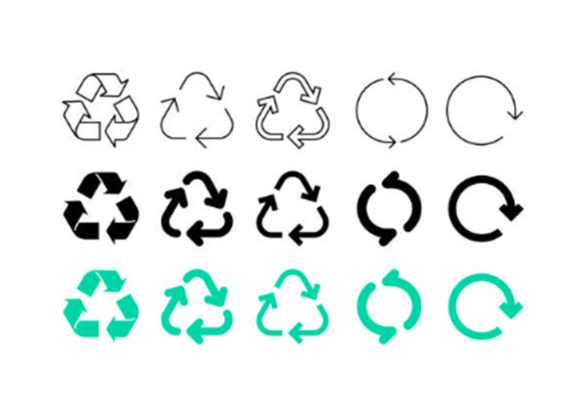In a world where environmental concerns are at the forefront of global discussions, adopting sustainable practices has become imperative. Among these practices, recycling stands out as a cornerstone of environmental sustainability. Recycling not only conserves resources but also reduces pollution and energy consumption. Let’s delve into how recycling practices pave the way towards a more sustainable future.
1. Conservation of Resources
Recycling helps preserve finite natural resources such as minerals, water, and timber. By reusing materials like paper, plastics, glass, and metals, we reduce the need for extracting raw materials from the earth. For instance, recycling aluminum cans saves up to 95% of the energy needed to produce aluminum from its raw form. Similarly, recycling paper helps to conserve forests, which are vital carbon sinks and habitats for diverse ecosystems.
2. Reduction of Pollution
One of the most significant benefits of recycling is its role in mitigating pollution. When materials are recycled, less waste ends up in landfills or incinerators, thereby reducing the release of greenhouse gases and toxins into the atmosphere. Moreover, recycling paper and plastics minimizes the pollution generated by the manufacturing processes involved in producing these materials from scratch. By recycling, we can curtail air and water pollution, safeguarding both human health and the environment.
3. Energy Conservation
Recycling requires less energy compared to producing goods from virgin materials. Manufacturing products from recycled materials often consumes less energy and emits fewer greenhouse gases. For example, recycling steel saves around 60% of the energy required to produce steel from raw materials. This energy conservation not only reduces reliance on fossil fuels but also helps mitigate climate change by lowering carbon emissions.
4. Economic Benefits
Recycling isn’t just environmentally friendly; it’s also economically beneficial. Recycling industries create jobs in collection, processing, and manufacturing, contributing to local economies. Additionally, recycling reduces waste disposal costs for municipalities and businesses, as recycling typically requires less expenditure than landfilling or incineration. Embracing recycling as an integral part of the economy fosters innovation and encourages the development of sustainable technologies.
5. Community Engagement
Recycling encourages community involvement and awareness about environmental issues. Through recycling programs and initiatives, individuals, businesses, and governments collaborate to promote responsible waste management practices. Educational campaigns and outreach activities raise awareness about the importance of recycling and its positive impacts on the environment. Engaging communities in recycling fosters a sense of environmental stewardship and collective responsibility.
Exercise Recycling
Recycling is a powerful tool in the journey towards environmental sustainability. By conserving resources, reducing pollution, conserving energy, providing economic benefits, and fostering community engagement, recycling plays a pivotal role in creating a more sustainable future for generations to come. It’s not just about managing waste; it’s about reimagining our relationship with resources and the planet. Embracing recycling practices today is an investment in a cleaner, healthier, and more prosperous tomorrow. Let’s join hands in recycling and paving the way towards a greener world.




